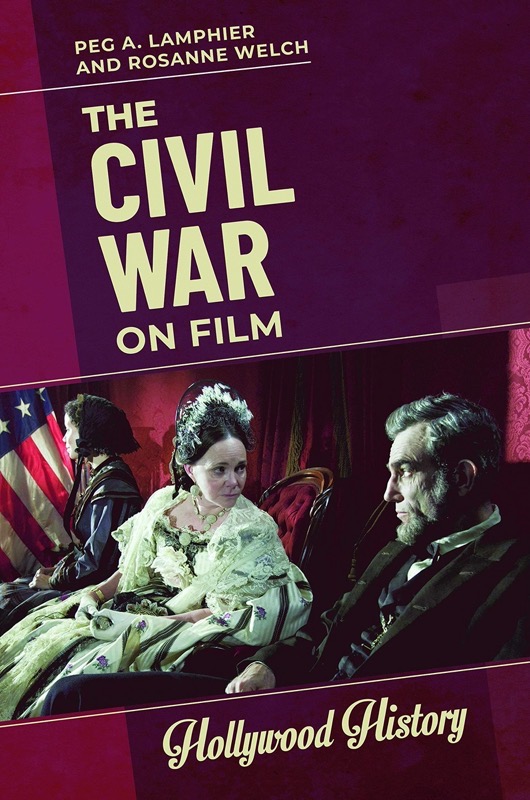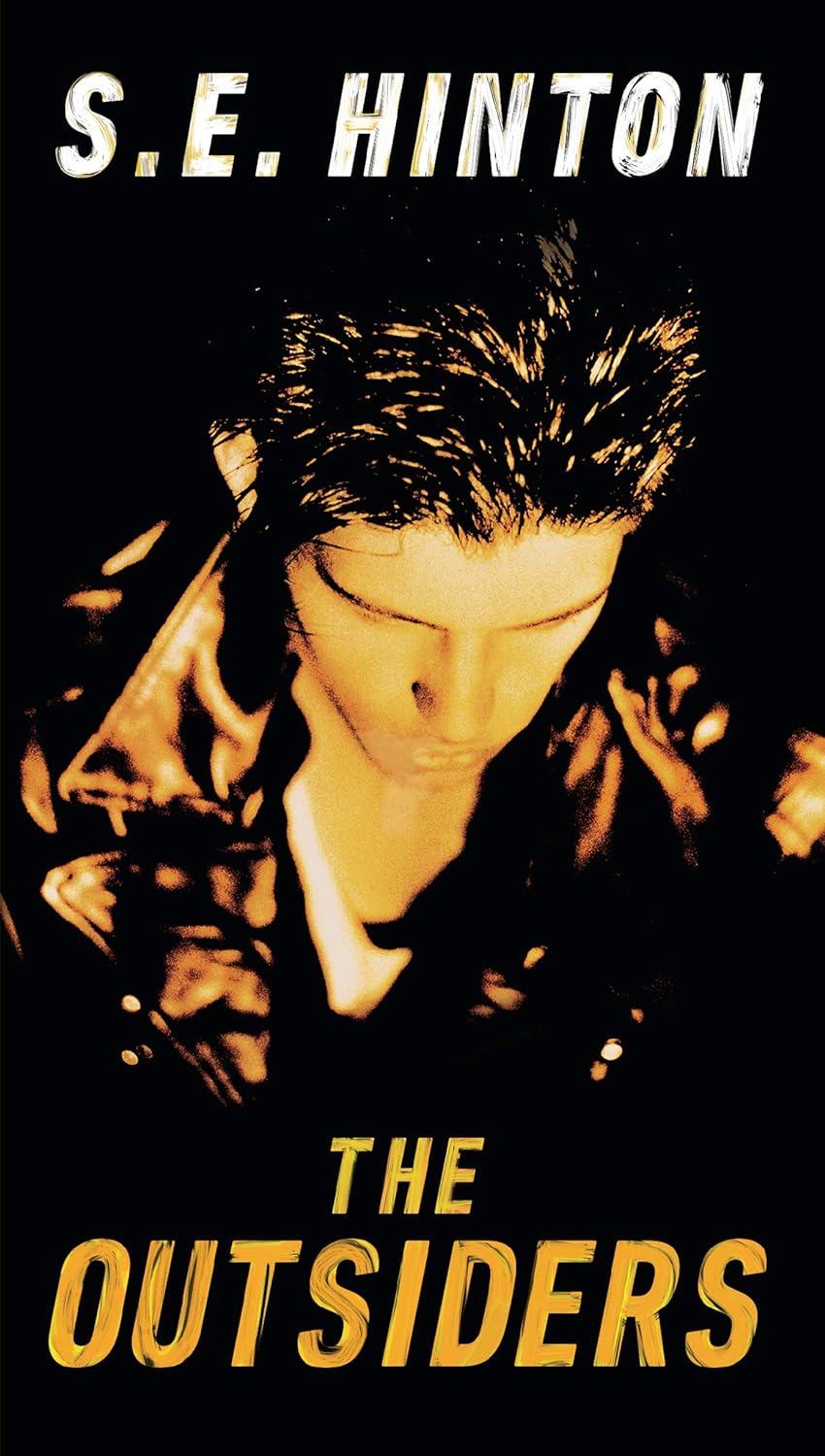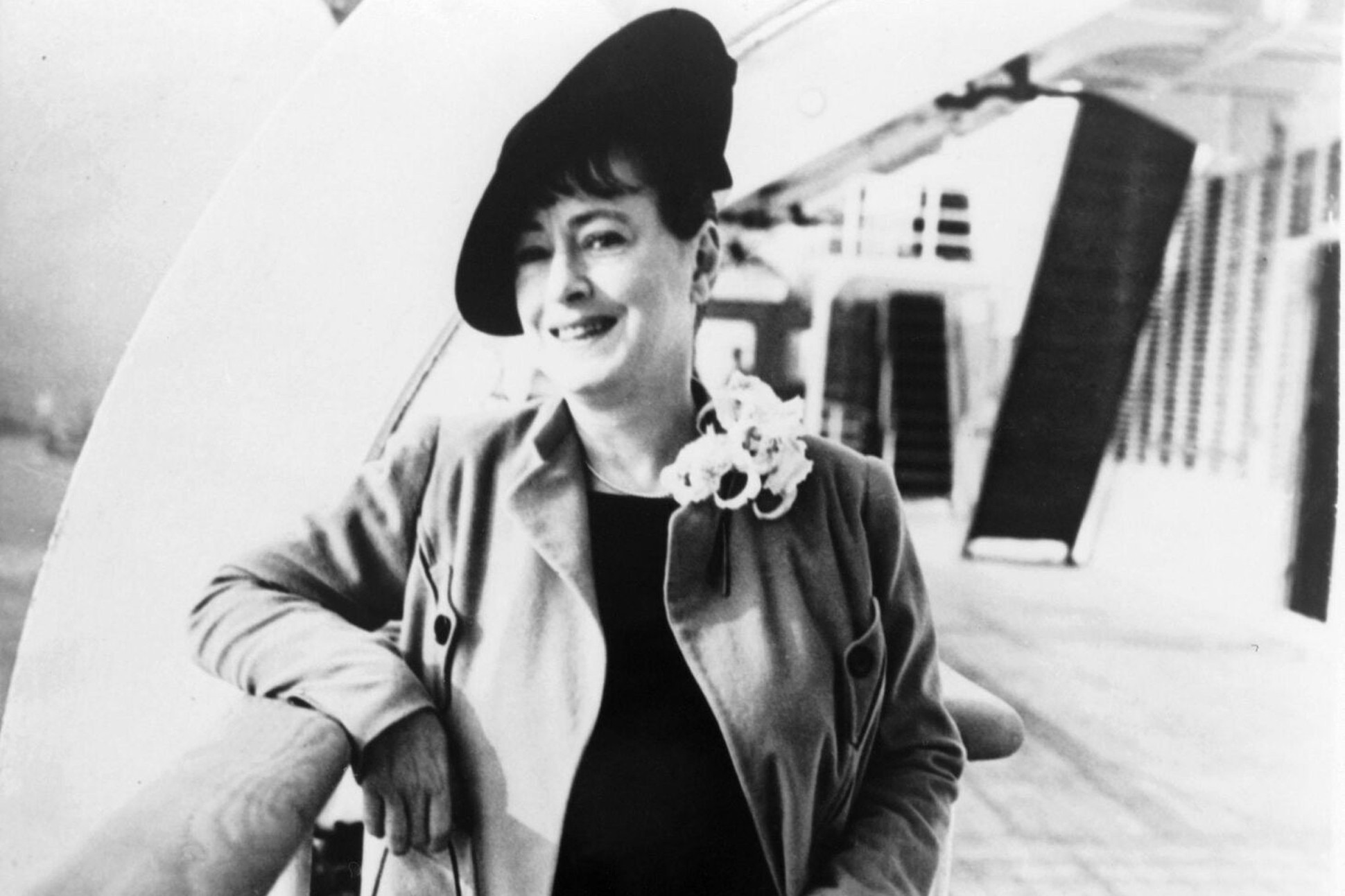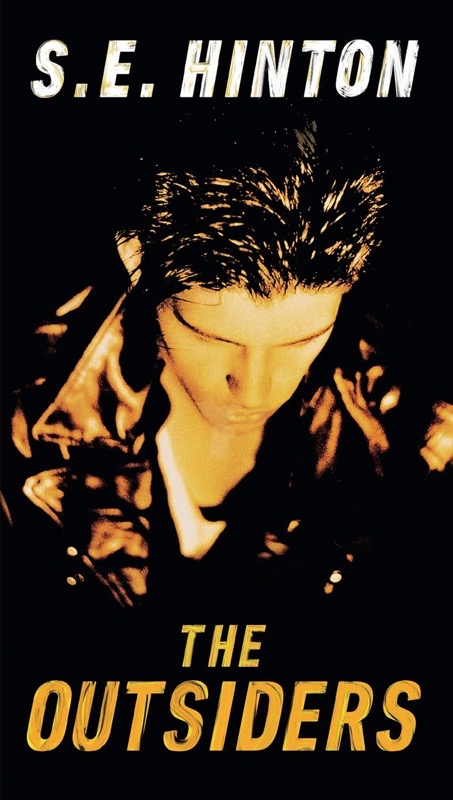One of the benefits of the merger between our first publisher – ABC-Clio – and Bloomsbury Publishing is that Bloomsbury is a larger, more international company with more reach. What that means for my co-writer, Peg Lamphier and me is that our book, The Civil War on Film, will be available in paperback with a $26.95 price tag (much more accessible than the hardback version that is $63) on August 22, 2024.
So if you’ve always wanted to read what Peg and I have to say about which Civil War films are the most honestly historical (spoiler alert – it’s Glory) now’s your time to buy a copy! We were so pleased to include chapters on such great films as Friendly Persuasion (1957); Gettysburg (1993); Gangs of New York (2002); Lincoln (2012); and Free State of Jones (2016)
As they move forward they plan to release American Women’s History on Film in paperback as well so stay tuned!

















